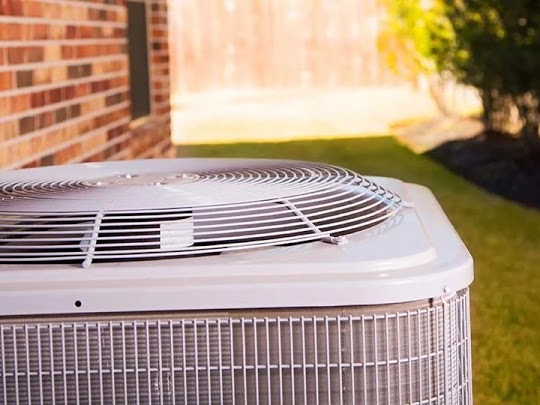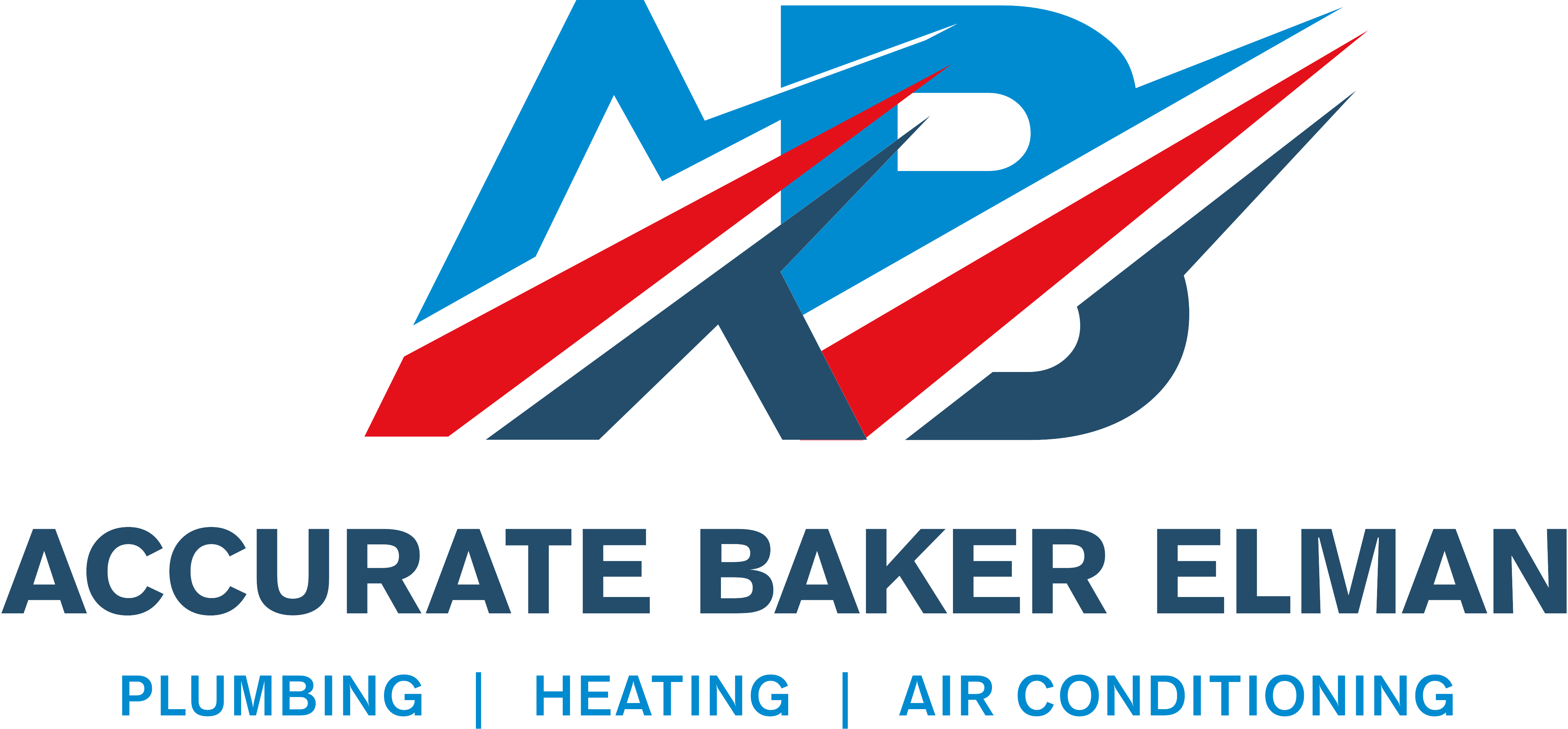As the temperature drops, you rely on your heating system to keep you warm and cozy. But what happens when it doesn’t work as expected? Common heating repair issues can leave you shivering in the cold but troubleshooting them can be a hassle. This post discusses some of the most common heating issues homeowners face, such as odd smells or lukewarm air temperatures. Additionally, we’ll provide tips on troubleshooting these problems yourself, including replacing dirty filters or checking for power supply issues. We’ll also talk about when to call in professional help and how regular maintenance can save you money in the long run. Don’t let common heating repair issues dampen your winter spirit; learn more!

Common Heating Repair Issues
If your HVAC is acting up, it’s likely due to common heating repairs issues like problems with the thermostat and circuit breaker. Dirty air filters or ductwork can cause poor heating performance. Be aware of unusual sounds from your furnace or heat pump, which could indicate a mechanical problem. Pilot light issues may require cleaning or replacement, while frequent cycling may point to a boiler or cooling system malfunctioning component.
Odd Smell from Heating System
If there is an unusual smell coming from your heating system, it could be due to various reasons.
Dust accumulation, moisture buildup in the ductwork, or even a gas leak can cause moldy or musty smells. Detecting a burning smell may indicate a problem with electrical components or a furnace motor. Immediately turn off the furnace and contact professional help if there is any suspicion of a gas leak. Regular maintenance can prevent these issues and ensure your heating system runs efficiently.
Cold or Lukewarm Air Temperatures
Several factors could be at play if you are having trouble with your heating system blowing cold or lukewarm air instead of warm air. It’s essential to check your thermostat settings and calibration first. Dirty air filters can also hinder airflow and cooling performance. Additionally, ductwork leaks allow cold air to escape before reaching its destination. A routine HVAC maintenance schedule, including cleaning, will help prevent these issues, ensuring proper heating throughout your home.
Constant Thermostat Adjustments
It could be due to various issues if you constantly adjust your thermostat. Faulty sensors or wiring problems may be the culprits. Ensure your thermostat is in an optimal location, away from direct sunlight and drafts. Remember dirty air filters, which can cause the system to work harder and require more frequent temperature adjustments. You’ll save money on energy bills and improve indoor air quality by fixing these issues promptly.
Heater Has Trouble Starting
Starting up your heating equipment can become a daunting task at times. However, such an issue can arise due to several factors, like electrical issues, faulty thermostats, or gas supply problems. It is essential to check all the components of your heating system and maintain regular maintenance to avoid future troubles.
Discolored Pilot Light
Discolored pilot lights are not something you should take lightly, as they could indicate a carbon monoxide leak which can be fatal. A yellow or orange flame may also suggest too much air in the gas mixture, while a blue flame is ideal. Regular maintenance and inspections by qualified HVAC technicians help prevent issues with this component and other heating system parts, ensuring optimal indoor air quality, customer satisfaction, and lower energy bills.
Persistent Noises
If you hear persistent noises from your heating system, it could indicate several underlying problems. For instance, loose parts or ductwork may cause rattling, while banging sounds could suggest a problem with the blower motor. Faulty fan belts or bearings often cause screeching sounds. Troubleshooting these issues effectively requires identifying the noise source and inspecting the affected parts. Preventing these problems altogether is possible through regular maintenance and cleaning.
Compressor Running Constantly
If your heating system’s compressor runs constantly, it may be due to a dirty air filter, low refrigerant levels, or a malfunctioning thermostat. Regularly check and change air filters, scheduled maintenance, and inspect affected parts to avoid this issue. Follow the manufacturer’s instructions for troubleshooting by identifying the source of the problem before conducting any repairs. Remember to turn off the unit before starting any work. By performing regular preventative maintenance, you can save money on energy bills and improve indoor air quality.
Poor Air Quality
Maintaining good indoor air quality is crucial for homeowners looking to avoid common heating system problems like nausea, headaches, and gas leaks. Dirty filters, leaky ductwork, or mold growth may cause poor indoor air quality. Prevent these issues with regular maintenance and by controlling humidity levels in your home. Make sure to change your air filter often and inspect your ducts if you suspect a leak – keeping up with preventative maintenance can save you money on energy bills in the long run.
Dirty Filters
Regularly cleaning or replacing dirty filters is essential to maintain the efficiency of your heating system. Dirty filters obstruct airflow and increase energy consumption, leading to reduced heating system performance. Choosing the right filter type and following manufacturer recommendations for maintenance can improve the effectiveness of your heating system. If you still encounter issues with your heating systems, such as cold air or poor indoor air quality, after cleaning or replacing the filters, contact a professional HVAC technician.
Carbon Monoxide Detection
Immediate attention is required on detecting the colorless and odorless carbon monoxide build-up in homes as it may lead to symptoms like nausea, headaches, or dizziness. Installing a detector can monitor the levels of CO, while regular maintenance can prevent its buildup. Combating gas leaks promptly is also crucial. Evacuate your home immediately if you suspect carbon monoxide poisoning.
Troubleshooting Heating Issues
Begin troubleshooting heating issues by checking for power supply problems, such as a tripped circuit breaker or a blown fuse. Inspecting the ductwork for damage or leaks affecting heating performance is also essential. Clogged air filters can lead to reduced airflow and overheating of the system. Pay close attention to the pilot light in gas furnaces to ensure it is lit and functioning correctly.
Replacing Dirty Filters
Regular maintenance is vital to ensure the optimal performance of your heating system. Replacing dirty filters is a crucial part of this process as it helps prevent reduced airflow, poor indoor air quality, and increased energy bills. Always check the filter every month and replace it if it’s dirty or clogged. Also, choose the right type of filter for your system to get better results. Regular cleaning and inspection of ducts and vents can help you avoid any potential heating issues in the long run.
Checking Ducts for Leaks or Blockages
Maintaining proper heating and airflow in your home requires regularly checking for leaks or blockages in your ducts. To detect air leaks, use a smoke pencil or infrared camera—clear blocked ducts with a vacuum or professional cleaning service. Regular maintenance of your ducts prevents future heating issues and ensures efficient heating. Furthermore, replacing air filters regularly is crucial, as dirty filters can reduce airflow and lead to poor indoor air quality.
Resetting the Breaker Switch
If your heating system isn’t working, try resetting the breaker switch by locating your home’s circuit breaker panel and finding the corresponding button. Flip it from “off” to “on” and wait a few minutes for the system to restart. If you’re still experiencing issues, consider calling a professional HVAC technician for help. Remember to perform regular maintenance, like checking filters and ducts for leaks or blockages and inspecting valves or combustion chambers. Preventative maintenance can save on energy bills and improve indoor air quality.
Checking for Power Supply Issues
To diagnose heating problems efficiently, examining the power supply first is crucial. Ensure your furnace/boiler gets adequate electricity and the thermostat works correctly. Check the circuit breaker and fuse box for any tripped breakers/blown fuses. Scrutinize dirty filters and malfunctioning components if the electricity flow is exemplary.
When to Call for Professional Heating Repair
To avoid voiding your warranty and causing further issues, it’s best to seek professional help for heating repair. Complex systems like boilers, furnaces, and heat pumps require special tools and equipment. Professional service ensures customer satisfaction and prevents gas leaks or unclean ducts from affecting indoor air quality. Don’t hesitate to call for help in these situations:
No heat
If your heating system is not producing any heat, it’s a clear indication that there is a problem. A professional technician can diagnose the issue and provide the appropriate repairs to get your system working again.

Insufficient heat
If your heating system is running but not providing enough heat to keep your home comfortable, it could be due to various issues, such as a malfunctioning thermostat, clogged filters, or a problem with the heating unit itself. A professional can identify the underlying cause and fix it accordingly.
Strange noises
Unusual sounds from your heating system, such as banging, clanking, or squealing, often indicate a mechanical problem. These noises should not be ignored, as they can be signs of a more significant issue. A professional can pinpoint the source of the noise and perform the necessary repairs.
Strange odors
Foul or unusual odors from your heating system can indicate a gas leak or other hazardous conditions. It’s crucial to turn off the system immediately, open windows for ventilation, and contact a professional for an emergency repair.
Short-cycling
Short cycling is when your heating system frequently turns on and off rapidly. A malfunctioning thermostat can cause this, as a clogged air filter or other technical problems. A professional can diagnose the root cause and fix the issue to prevent further damage to your system.
High utility bills
If you notice a sudden increase in your energy bills without a reasonable explanation, it could be due to an inefficient heating system. A professional can assess your system’s efficiency, identify problems, and recommend appropriate repairs or upgrades to improve energy efficiency.
Remember, attempting to repair complex heating systems without proper knowledge and tools can be dangerous and may result in more extensive damage. It’s always best to contact a licensed and experienced HVAC professional to ensure your heating system’s safety, efficiency, and longevity.
Conclusion
To sum up, recognizing and troubleshooting common heating problems can result in significant time and cost savings. It is essential to perform regular maintenance and pay close attention to detail to ensure your heating system operates efficiently. Nevertheless, some problems require the expertise of a professional to resolve. At Accurate Baker Elman, located in Massachusetts, we specialize in providing heating repair and maintenance services. Our team of licensed technicians utilizes cutting-edge tools and techniques to diagnose and rectify any heating problem promptly. We know that dealing with a malfunctioning heating system can aggravate, particularly during chilly winter months. Therefore, we offer dependable, economical, and practical solutions to keep your home cozy and comfortable. Contact us today for more information or to book an appointment.

